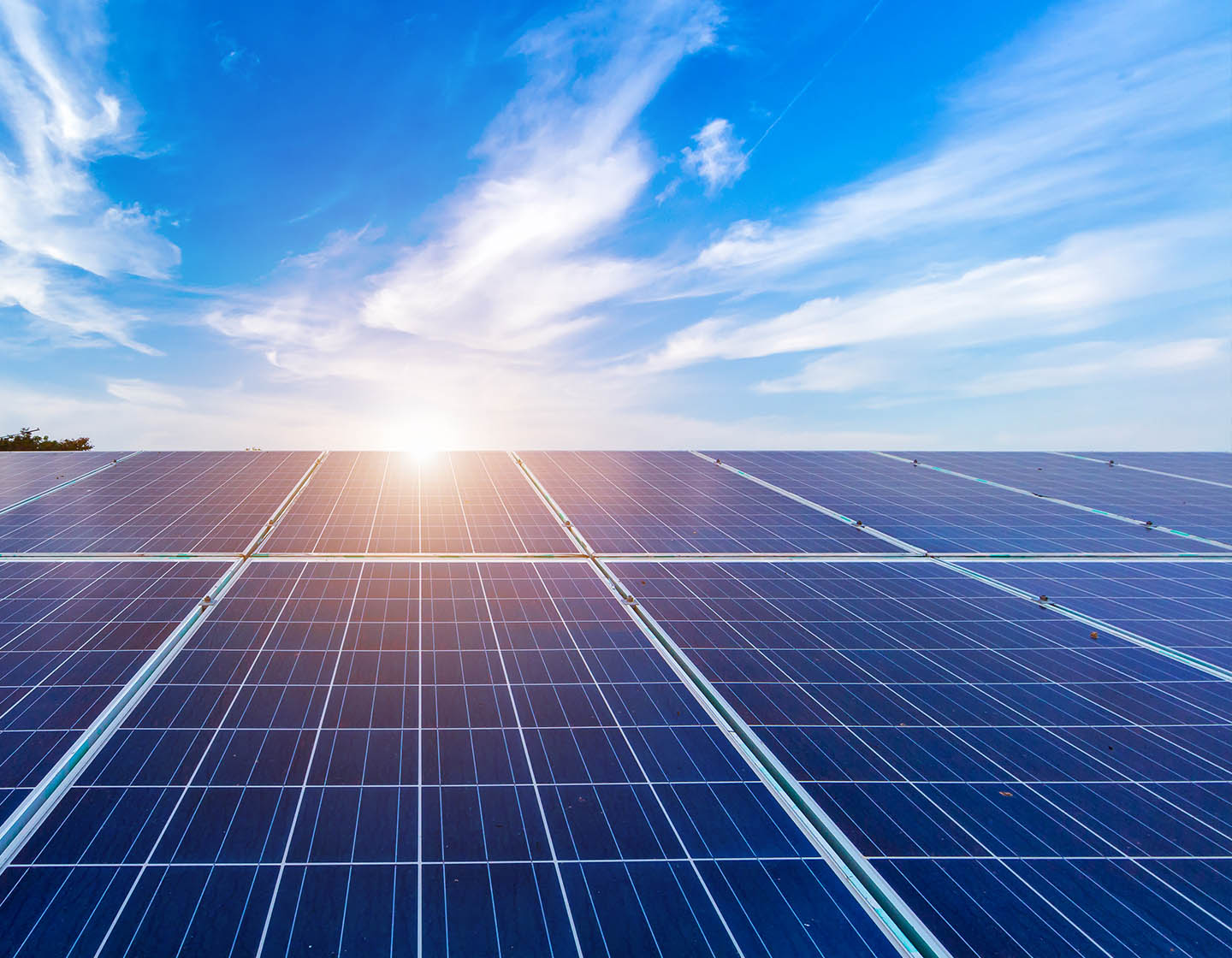The benefits of battery storage
The jaw-dropping price of electricity makes investing in solar panels and battery storage a wise choice for households now.
The energy crisis has moved the technology from a useful contribution to combatting climate change through lower carbon emissions to a smart way of reducing electricity use from the National Grid and cutting bills.
A well-sited rooftop 3.4kW solar panel system can generate between 3,000-3,500 kWh a year, and while a solar battery storage solution is not cheap, it maximises your ability to harvest the sun’s power. There is scope for any household to become almost 100% energy independent – going off-grid in style.
For households where you are not home during peak sunshine hours, battery storage gives you the advantage of storing energy that would otherwise be lost, or sold to your supplier. It’s ready and available for the evening when you return, and when the solar panels are not producing energy.
It’s worth considering the move to solar and storage now as the government has recently increased relief on energy-saving measures by reducing VAT to 0%. It advises that a typical household fitting rooftop solar panels should save more than £1,000 in total installation costs, as well as £300 in yearly energy expenses. Zero VAT includes battery storage.

Capturing sun power
Solar panels capture energy from the sun, turning the sunlight into direct current (DC) electricity, before converting it into alternating current (AC) electricity usable in the home. Any excess solar energy after domestic needs are met will be rerouted to charge the battery.
After sunset, the panels stop producing energy, and automatically the solar battery seamlessly kicks in there’s no need to worry, and no action or monitoring needed.
Solar batteries often come with a 10-year warranty, and quality models usually last for up to 15 years although as with other battery types, the capacity can decline over time. You can factor in the costs of replacement as solar panels currently have a working life of 20-30 years.
There are different battery models and the balance is between efficiency, longevity and cost. Lithium-ion batteries can discharge 70%-90% of the total amount of storage while lead-acid versions discharge around 50%, which also have around half the expected lifespan of the more costly lithium-ion batteries.
“Capacity” is simply how much electricity the battery can store in kilowatt hours (kWh). Useable capacity is less than total capacity as it’s advisable not to consume all the energy stored as this process damages them and they are produced with charge controllers to prevent this happening. So, for example, a battery rated at 14kWh might have a useable capacity of 13.5kWh.
Every battery storage solution will provide you with details of full charge and full discharge cycles and current models are warrantied for between 6,000-10,000 cycles. The manufacturer will also advise on the charge/discharge rate – the power input and output in kW.

Selling electricity
Battery storage systems can provide a source of income as well. You can sell the energy stored back to the National Grid via your supplier when electricity prices are at their highest, if this is part of the energy retailer’s service.
This also helps to balance national demand and supply issues while reducing carbon emissions at peak times. This “energy trading” is rapidly evolving with options like selling electricity to neighbours or a micro grid, or even being part of a battery community that can improve returns on electricity sold.
Some “smart” batteries can also store surplus electricity from the grid, drawing down power when plentiful and cheap. You can then either use it at home or sell it back at a higher price when demand is peaking. These so-called virtual power plant (VPP) services help balance the grid. VPP services need an agreement with an energy company or a third party, and some energy companies may install a separate meter.

